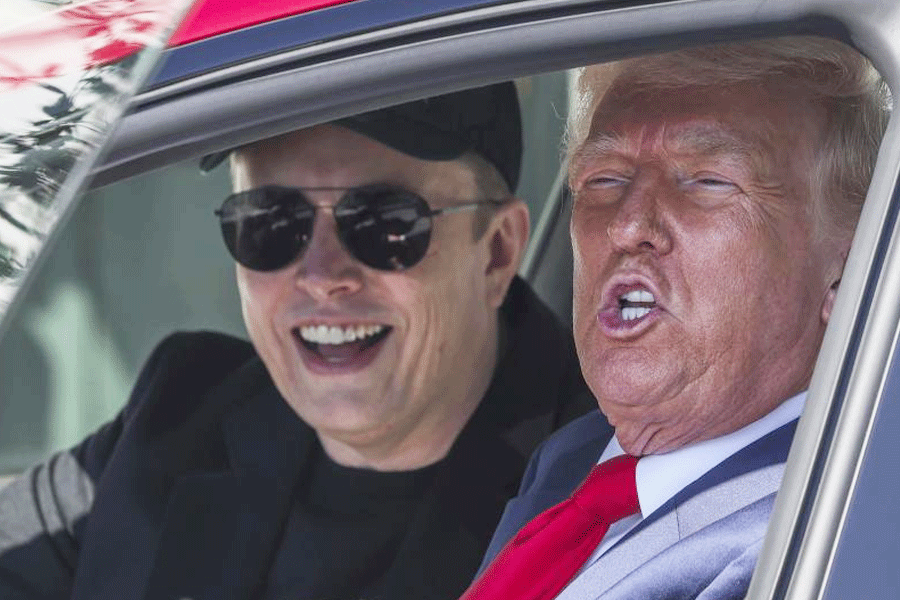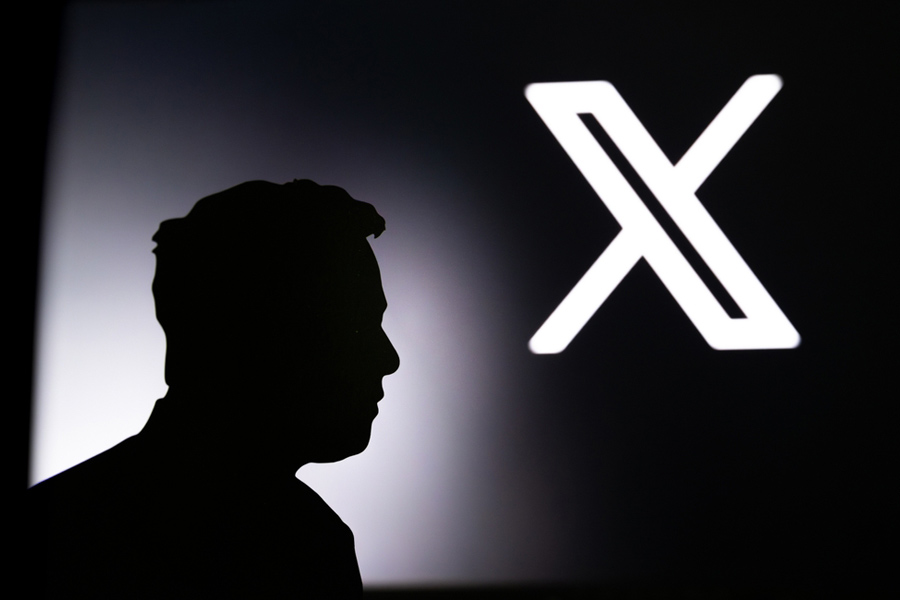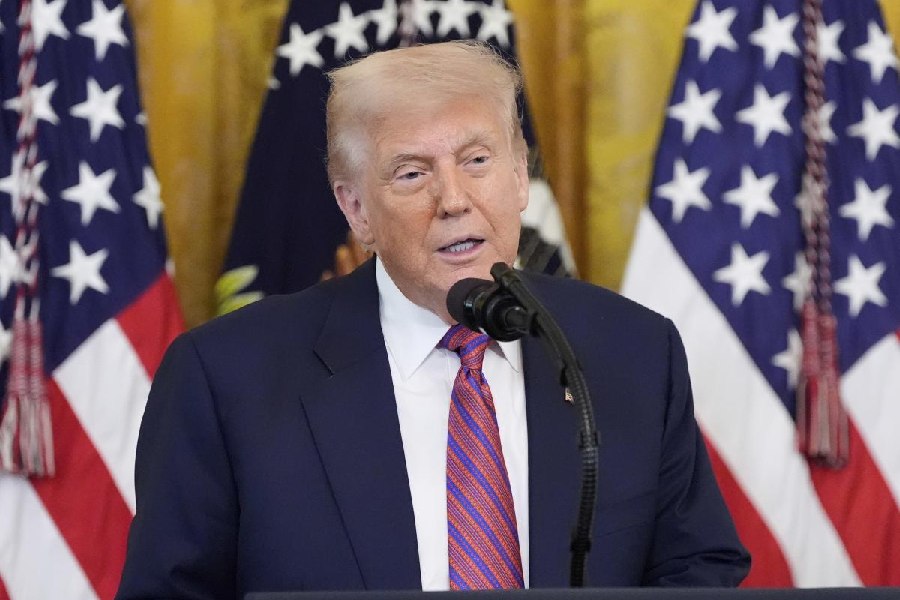Parting ways with Elon Musk is proving to be far more complicated than it sounds for the U.S. government.
Just days after President Donald Trump floated the idea of ending federal contracts with Musk’s companies, the Trump administration initiated a review of the multibillion-dollar agreements SpaceX holds with various government agencies, according to individuals familiar with the matter, as reported by The Wall Street Journal.
The purpose of the review was to identify potential waste within the contracts SpaceX has with the federal government.
However, officials concluded that most of these agreements could not be terminated, as they are deemed essential to the missions of the Department of Defense and NASA, the sources told WSJ.
The early assessment highlighted SpaceX’s dominance as the leading rocket launch provider globally and a key satellite internet operator.
A White House official noted that the contract review covered several companies with large federal deals.
Neither Musk nor SpaceX responded to requests for comment by The Wall Street Journal.
Musk, who was once among Trump's closest advisors and oversaw a cost-cutting initiative under the Department of Government Efficiency, saw his relationship with the US President deteriorate after publicly criticising Trump’s signature tax and spending legislation.
On June 5, amid escalating personal attacks from Musk on social media, Trump posted on Truth Social that the easiest way to save federal money was to “terminate” contracts involving Musk’s businesses.
Just days later, a senior official at the General Services Administration, Josh Gruenbaum, who heads the Federal Acquisition Service, requested the Department of Defense to complete a spreadsheet listing all active contracts and transaction agreements with SpaceX, according to an email described to WSJ.
Gruenbaum’s June 9 email indicated he intended to share the data with the White House.
Similar information requests were also made to NASA and at least five other federal agencies, a government official said.
These spreadsheets, referred to as “scorecards,” included details on the value of the contracts and whether other companies could offer comparable services more efficiently.
White House, Pentagon see the criticality
Upon reviewing the data, officials at the White House, the Pentagon and other agencies determined that the vast majority of SpaceX contracts were crucial to their operations.
One individual involved in the process said some deals may still face further scrutiny.
In recent weeks, SpaceX President Gwynne Shotwell met with White House officials as the review progressed, according to sources familiar with the matter.
The Trump administration’s struggle to reduce dependence on SpaceX underscored the government’s limited alternatives for many types of rocket launches and low Earth orbit satellite services.
This reliance has long been recognized by US policymakers and continues to reinforce SpaceX’s outsized influence in the aerospace sector.
Rival companies have voiced frustration over SpaceX’s dominant position, even as government agencies continue to expand their use of the company’s technology due to its cost efficiency and performance.
In efforts to encourage competition, federal officials have urged other space companies to develop comparable capabilities and have structured some contracts to stimulate market rivalry.
However, many competitors are still working through delays and technical difficulties in building reliable space vehicles and satellite systems.
Such setbacks are common in the aerospace industry, and SpaceX has experienced its own challenges with the development of new launch vehicles.
Nevertheless, SpaceX maintains that it supports competition and often carries satellites for rival firms aboard its rockets.
At an investor event last November, Shotwell emphasised that SpaceX earns its government contracts by delivering the best value and execution.
Despite tensions between Musk and Trump, SpaceX has continued securing major contracts.
In April, the company won the largest share of a Pentagon agreement, securing 28 national-security launches valued at $5.9 billion.
The firm launched an upgraded GPS satellite for the U.S. Space Force in May and is scheduled to fly a new crew to the International Space Station at the end of this month.
SpaceX’s Falcon rockets, equipped with reusable boosters, have become a backbone for government missions.
The Crew Dragon spacecraft remains the only U.S. vehicle certified to ferry astronauts to and from the space station.
Last month, Musk’s threat — later retracted — to retire the Crew Dragon amid his feud with Trump reportedly alarmed officials at NASA, which has long aimed to secure at least two independent systems for crewed missions.
Beyond launch services, SpaceX is also a growing force in government communications through its Starlink satellite internet network.
Its Starshield division provides secure, national-security-focused satellite services and previously won a classified contract from the U.S. intelligence agency responsible for spy satellites.












